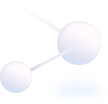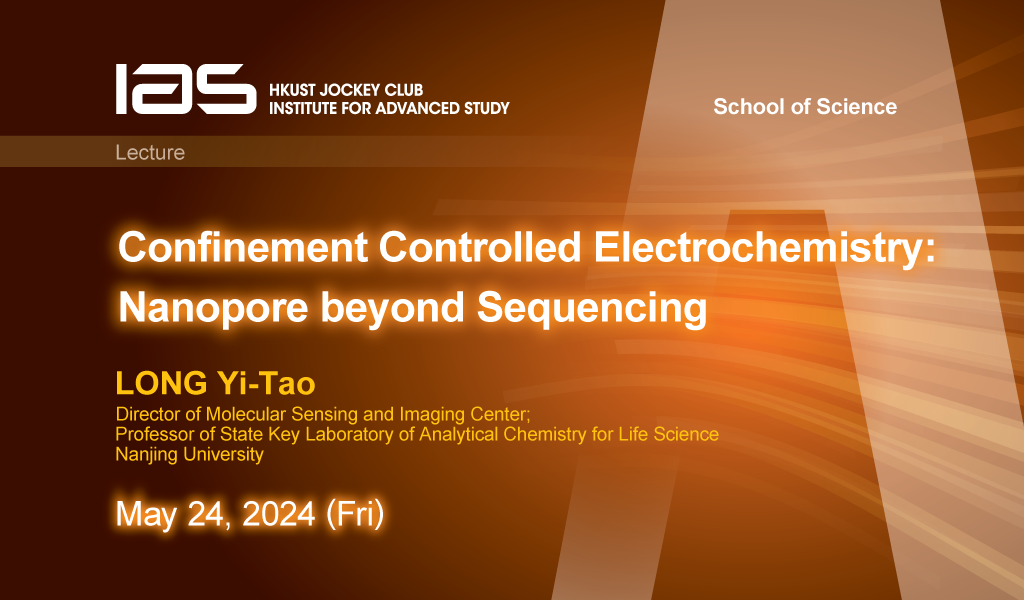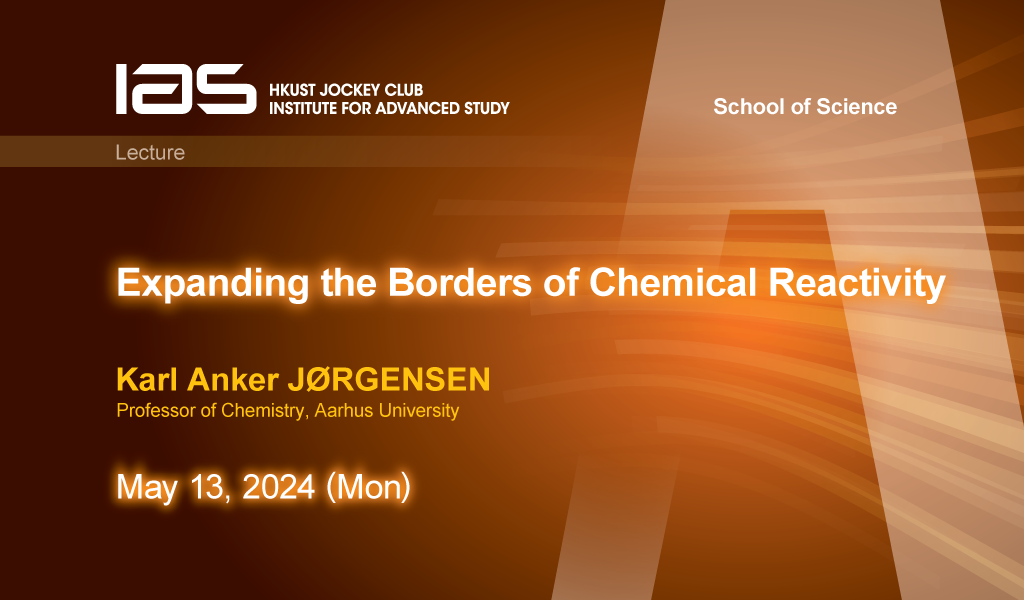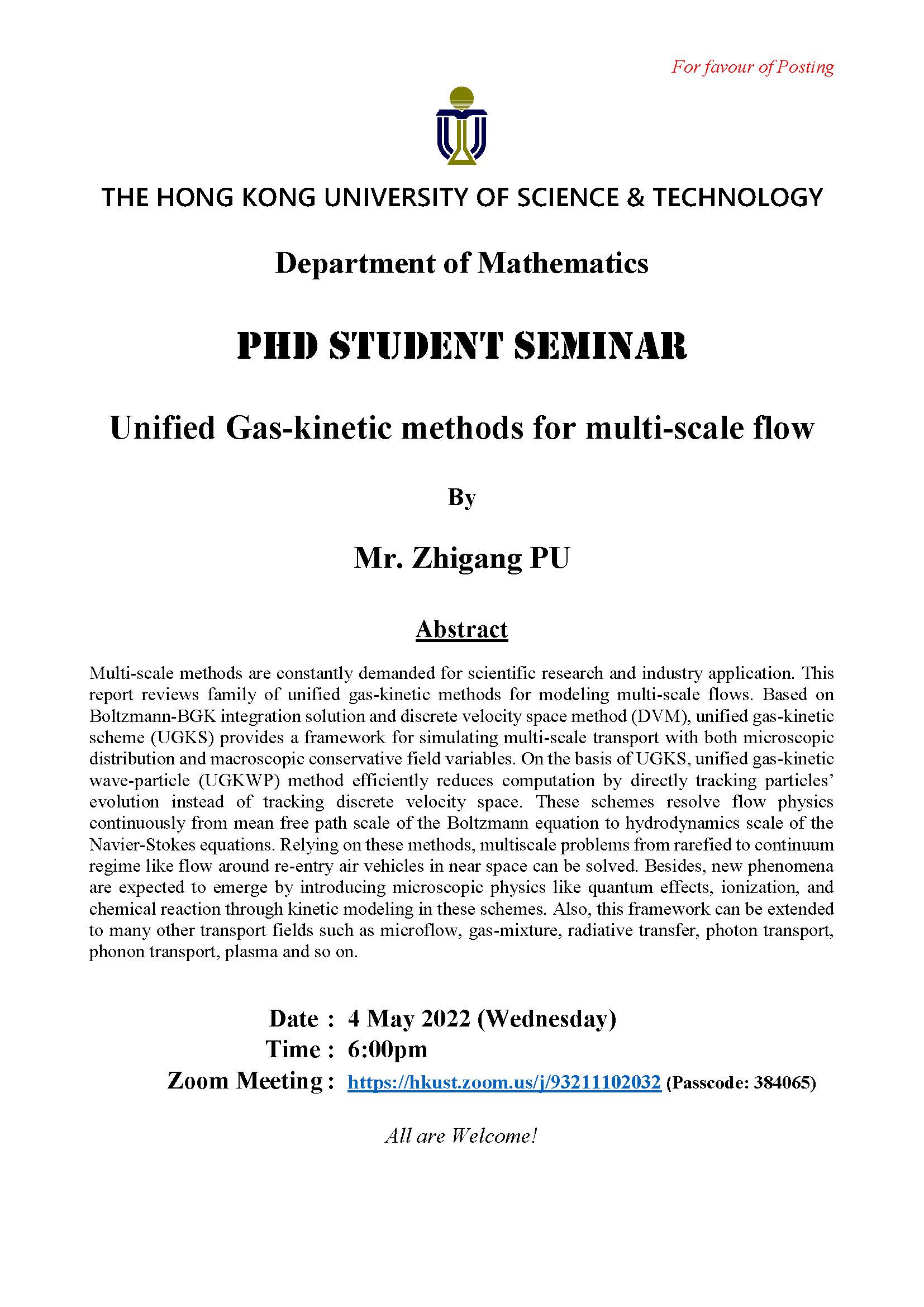Multi-scale methods are constantly demanded for scientific research and industry application. This report reviews family of unified gas-kinetic methods for modeling multi-scale flows. Based on Boltzmann-BGK integration solution and discrete velocity space method (DVM), unified gas-kinetic scheme (UGKS) provides a framework for simulating multi-scale transport with both microscopic distribution and macroscopic conservative field variables. On the basis of UGKS, unified gas-kinetic wave-particle (UGKWP) method efficiently reduces computation by directly tracking particles’ evolution instead of tracking discrete velocity space. These schemes resolve flow physics continuously from mean free path scale of the Boltzmann equation to hydrodynamics scale of the Navier-Stokes equations. Relying on these methods, multiscale problems from rarefied to continuum regime like flow around re-entry air vehicles in near space can be solved. Besides, new phenomena are expected to emerge by introducing microscopic physics like quantum effects, ionization, and chemical reaction through kinetic modeling in these schemes. Also, this framework can be extended to many other transport fields such as microflow, gas-mixture, radiative transfer, photon transport, phonon transport, plasma and so on.




